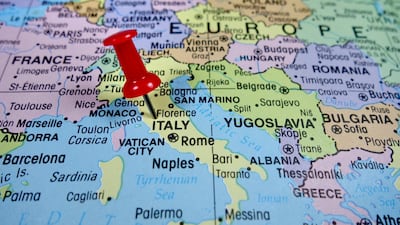As a first step in its ambition to become a global biotech player, Gilead Sciences Inc. laid the foundations of its now well-established European business through buying NeXstar in 1999 [See Deal]. (See "Gilead's Global Logic," IN VIVO, March 2002 Also see "Gilead's Global Logic" - In Vivo, 1 March, 2002..) What it got wasn't perfect. NeXstar comprised a series of poorly integrated businesses, each following a different strategy and making individual product submissions locally. But it did have anti-fungal treatment amphotericin B (AmBisome), and a keen sales force that was prepared to stay on, given Gilead's willingness to invest.
Most importantly, Gilead acquired a base onto which it could build a new sales team for its own forthcoming HIV...
Read the full article – start your free trial today!
Join thousands of industry professionals who rely on In Vivo for daily insights
- Start your 7-day free trial
- Explore trusted news, analysis, and insights
- Access comprehensive global coverage
- Enjoy instant access – no credit card required
Already a subscriber?






